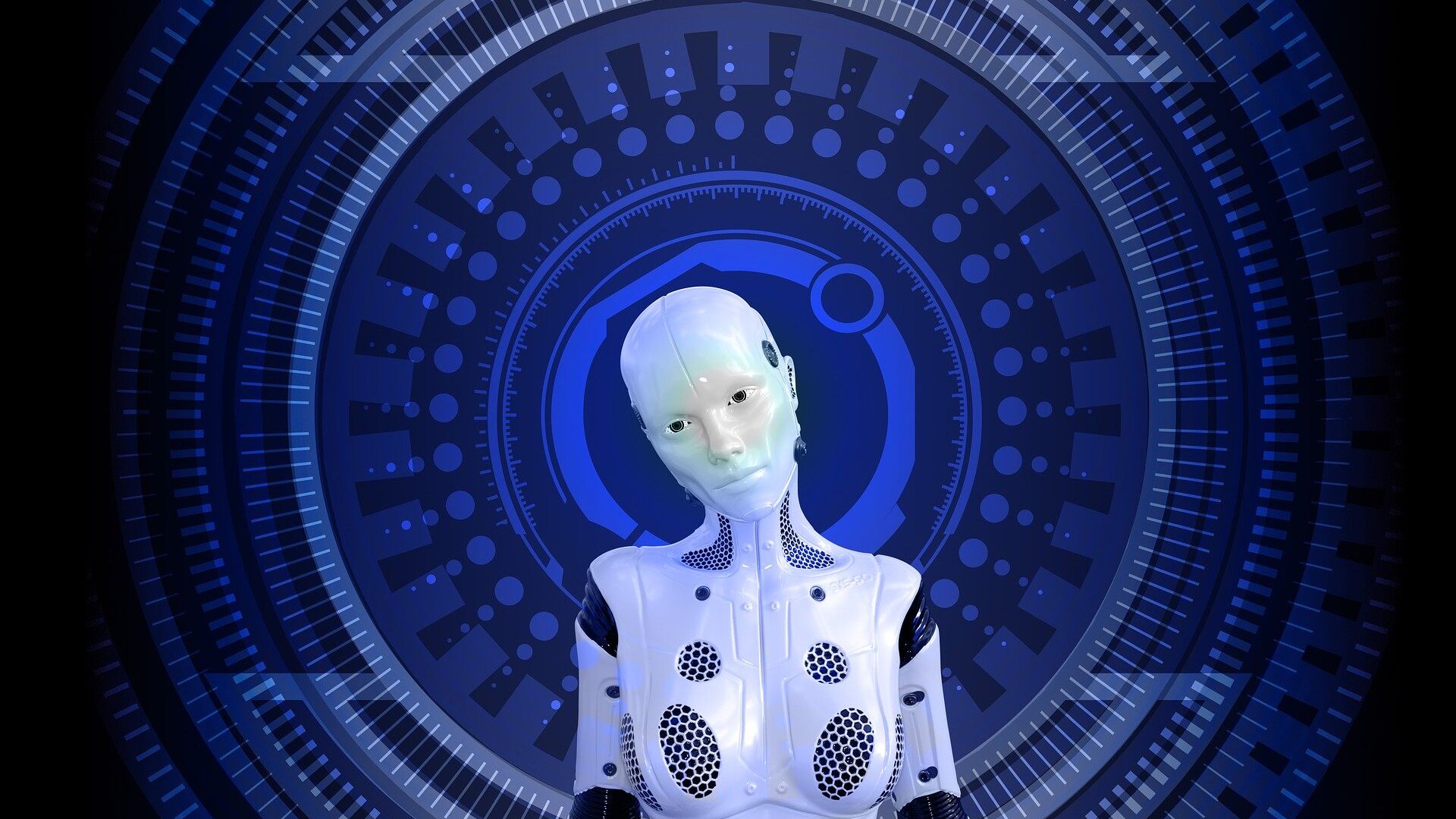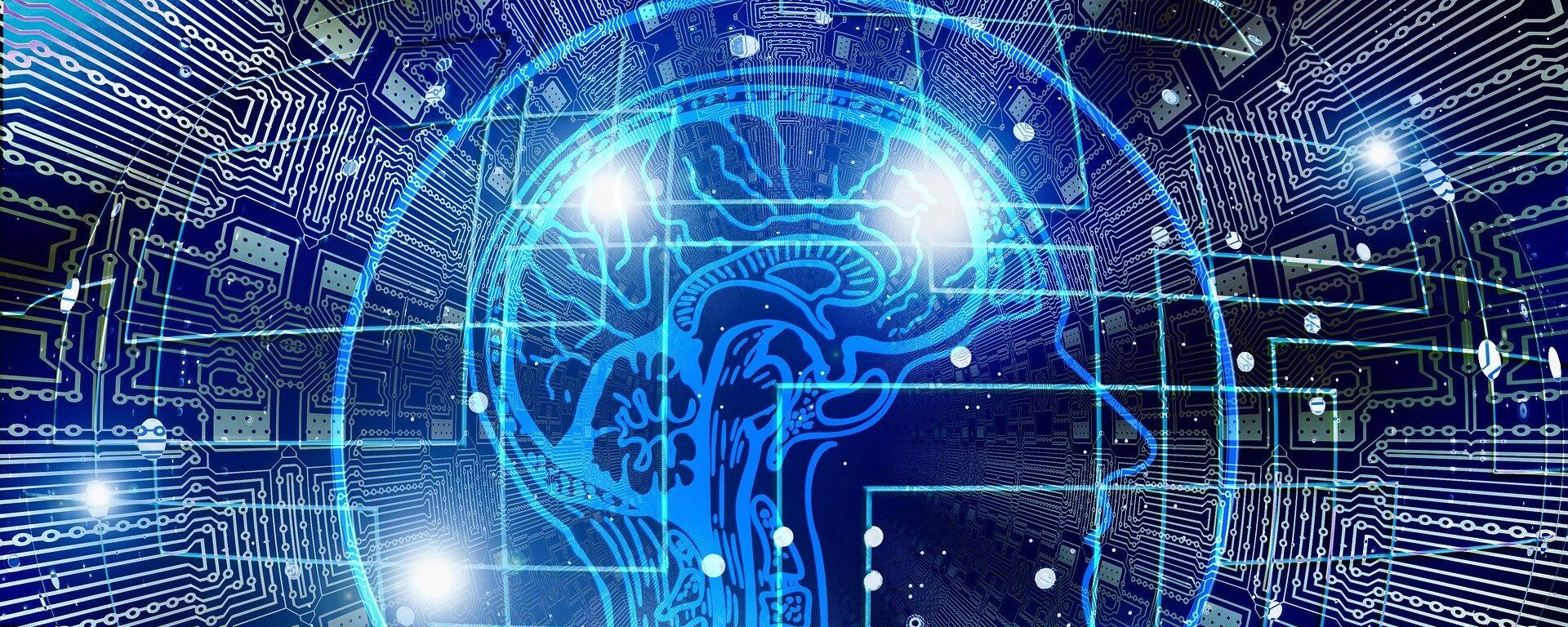https://en.sputniknews.africa/20231122/what-do-most-russians-think-about-impact-of-ai-on-peoples-lives-1063715493.html
What Do Most Russians Think About Impact of AI on People's Lives?
What Do Most Russians Think About Impact of AI on People's Lives?
Sputnik Africa
MOSCOW (Sputnik) - As many as 61% of Russians believe that artificial intelligence (AI) will change people's lives for the better, according to a poll... 22.11.2023, Sputnik Africa
2023-11-22T09:36+0100
2023-11-22T09:36+0100
2023-11-22T09:36+0100
russia
artificial intelligence (ai)
survey
medicine
education
transportation
international
society
https://cdn1.img.sputniknews.africa/img/104055/04/1040550425_0:36:1920:1116_1920x0_80_0_0_0ba4ce21d66bd5c9c94431af7a4d3d2e.jpg
The survey also revealed a sharp break along gender lines, with 61% of men saying AI would improve lives, compared with just 39% of women.Every other Russian thinks that AI will be most widely implemented in the IT industry, while 35% of those surveyed believe that the technology will be in demand in security. Fewer respondents said AI would prove handy in medicine (27%), education (17%), services (9%), in creative jobs and transportation (7% apiece).A total of 17% of Russians said they expected AI to bring about tangible changes within 15 years, while 14% expect them within a decade and one in eight anticipate changes in just 5 years. Around 6% expect AI-driven changes in 25 to 40 years from now, while another 14% of Russians think that no changes should be expected at all.When asked why they do not believe that the introduction of AI could bring positive changes to their lives, 35% of the respondents cited technical glitches and errors resulting from the technology. Thirty-one percent of those sampled said they did not understand how AI works. About 20% said they were concerned about AI's lack of morals, ethics and feelings, while 14% said AI could be instrumental in committing crimes, and 5% said they believed the development of AI would lead to human degradation.The poll was conducted among over 11,000 Russian adults. No information about the margin of error was given.
https://en.sputniknews.africa/20230821/scientists-working-on-ai-tools-that-speak-african-languages-1061493013.html
russia
Sputnik Africa
feedback@sputniknews.com
+74956456601
MIA „Rossiya Segodnya“
2023
Sputnik Africa
feedback@sputniknews.com
+74956456601
MIA „Rossiya Segodnya“
News
en_EN
Sputnik Africa
feedback@sputniknews.com
+74956456601
MIA „Rossiya Segodnya“
Sputnik Africa
feedback@sputniknews.com
+74956456601
MIA „Rossiya Segodnya“
russia, artificial intelligence (ai), survey, medicine, education, transportation, international, society
russia, artificial intelligence (ai), survey, medicine, education, transportation, international, society
What Do Most Russians Think About Impact of AI on People's Lives?
MOSCOW (Sputnik) - As many as 61% of Russians believe that artificial intelligence (AI) will change people's lives for the better, according to a poll conducted by the Sberbank Life Insurance company for Sputnik ahead of Sberbank's AI Journey 2023 international conference.
The survey also revealed a sharp break along gender lines, with 61% of men saying
AI would improve lives, compared with just 39% of women.
Every other Russian thinks that AI will be most widely implemented in the IT industry, while 35% of those surveyed believe that the technology will be in demand in security. Fewer respondents said AI would prove handy in
medicine (27%), education (17%), services (9%), in creative
jobs and transportation (7% apiece).
A total of 17% of Russians said they expected AI to bring about tangible changes within 15 years, while 14% expect them within a decade and one in eight anticipate changes in just 5 years. Around 6% expect AI-driven changes in 25 to 40 years from now, while another 14% of Russians think that no changes should be expected at all.
When asked why they do not believe that the introduction of AI could bring positive changes to their lives, 35% of the respondents cited technical glitches and errors resulting from the technology. Thirty-one percent of those sampled said they did not understand how AI works. About 20% said they were
concerned about AI's lack of morals, ethics and feelings, while 14% said AI could be instrumental in committing crimes, and 5% said they believed the development of AI would lead to human degradation.
The poll was conducted among over 11,000 Russian adults. No information about the margin of error was given.


